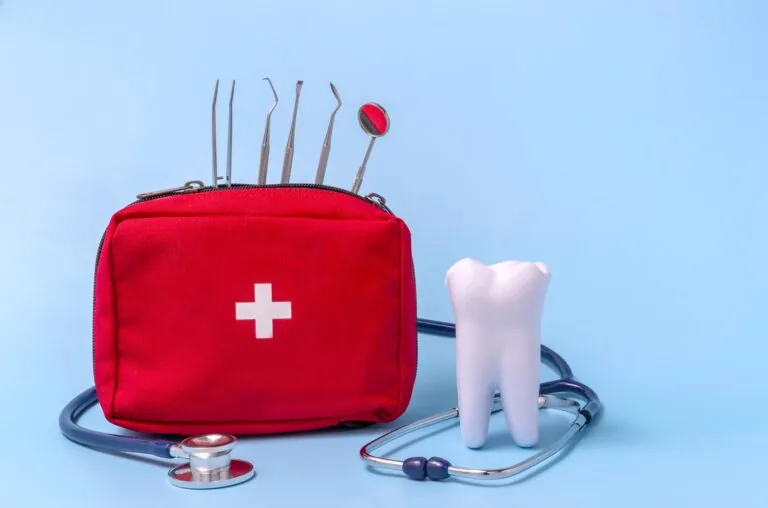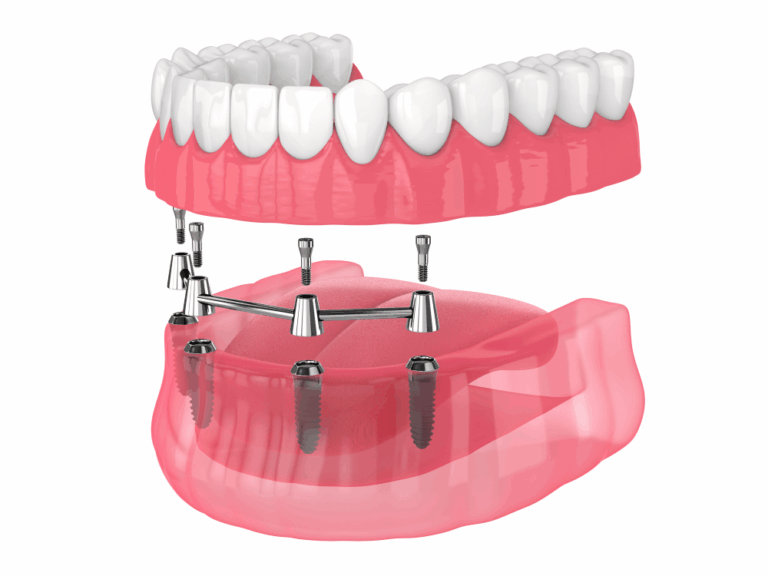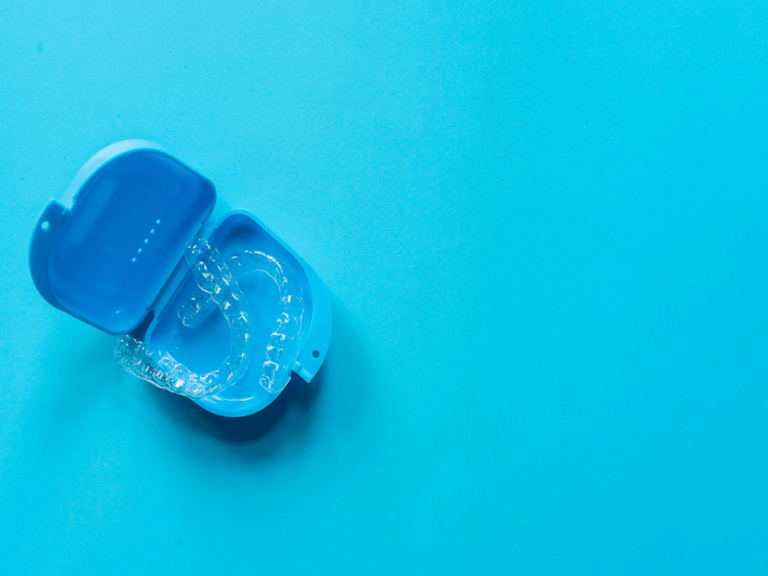Common Dental Emergencies and How to Handle Them
Our team at Quest Dental is always here to help with your emergency needs, but knowing how to respond in those first few moments can make a big difference in protecting your oral health.

Our team at Quest Dental is always here to help with your emergency needs, but knowing how to respond in those first few moments can make a big difference in protecting your oral health.

All-on-X dental implants can be a life-changing solution for rejuvenating your smile’s appearance and function. This advanced treatment provides a secure, natural-looking smile that feels and functions just like real teeth—helping you chew, speak, and smile with confidence again.

As one of the most popular orthodontic treatments available today, Invisalign offers a discreet, comfortable way to align your teeth and boost your confidence. Here are answers to some of the most common questions from patients considering Invisalign.

There are several safe and effective sedation options to help patients feel calm and comfortable during treatment. The three most common types—nitrous oxide, oral sedation, and IV sedation—each work differently and are suited for different needs.

4120 Quest Dr
Eugene, OR 97402
Monday: 8:00 a.m.-4:30 p.m.
Tuesday: 8:00 a.m.-4:30 p.m.
Wednesday: 8:00 a.m.-4:30 p.m.
Thursday: 8:00 a.m.-4:30 p.m.
Friday: 8:00 a.m.-4:30 p.m.
Saturday and Sunday: Closed
Monday: 24 hours
Tuesday: 24 hours
Wednesday: 24 hours
Thursday: 24 hours
Friday: 24 hours
Saturday: 24 hours
Sunday: 24 hours